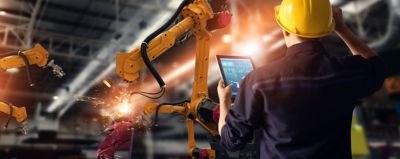Since the drive train produces friction/heat from its various moving parts, cooling is necessary. The most common solution is using oil to reduce hot air, which is separated using a filter. However, for applications that require high air quality, this setup may not be the most ideal.
With this in mind, there are oil-free models which use an internal cooling fan. While they cost more than oil-injected compressors, these machines produce much cleaner air. They're also better for the environment since there's no potential for oil contamination. This is especially beneficial for food and medical applications.
If you'd like to learn more about this topic, read our article titled the right piston compressor.





